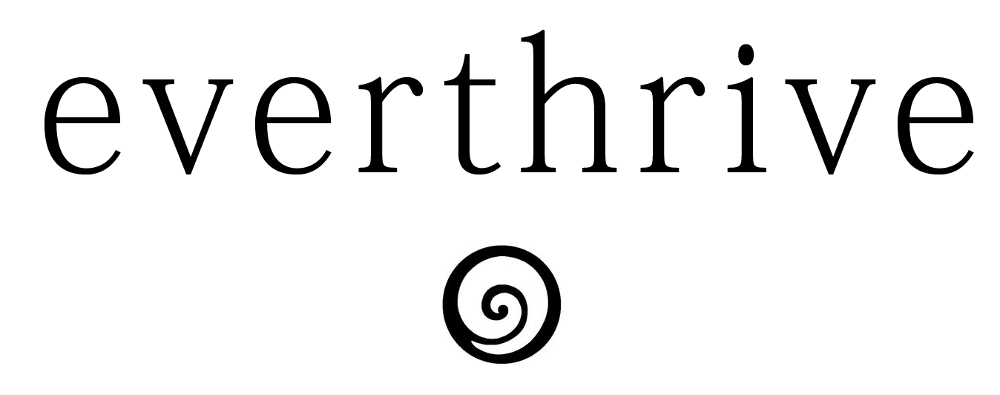Peace of Bread
Bread is the most widely consumed food in the world, transcending culture, class, race, and ethnicity. Bread is the basic element of any meal. The ancient Egyptians, often cited as the “creators of bread,” used it as currency, and even placed loaves in tombs to accompany the deceased into the afterlife. In the same way, the bread of the 21st century continues to be a thing of ceremony: it is the first food item to be placed on dining tables, it is integral to the concept of a sandwich, and it symbolizes forgiveness, sacrifice, and love in religious celebrations. It’s no wonder that bread is a universal sign of peace and community.
In most developed countries, bread is sold in limitless shapes and sizes, for all diets, appetites, and purposes. Choosing a loaf can be an overwhelming task. To assist us, brands highlight health benefits on the packaging. We’re conditioned to look for maximum fiber, minimum carbohydrates, maximum protein, lowest amount of fat, and no sugar. To achieve these perfect loaves, bread chemists add bleached flour, GMOs, corn syrup, dough conditioners, preservatives, hard-to-pronounce additives, and even non-food items to their bread.
Perplexed, we gravitate towards organic or “all natural” companies for additive-free bread. We end up paying more money for loaves like Ezekiel 4:9 sprouted grain bread, “ancient grain” breads, or gluten free bread. We end up at bakeries such as Great Harvest or When Pigs Fly to ensure the presence of fresh, whole grains and fiber. We feel good about ourselves by supporting local businesses, but we have to go our of our way to do so.
If we are going to go the extra mile for quality bread, why not bake our own instead?
Baking our own bread goes beyond the health benefits: baking is akin to meditation, since bakers must follow multiple steps in a specific sequence. The peaceful repetition in the basic steps — the mixing of milled flour with course grains, seeds, nuts and salt, the blooming of the yeast and adding it to dry ingredients along with warm water, and finally the kneading of the dough — produces a calming effect. We pause and consider the care we put into things we create. We practice patience as we wait for the bread to rise, sometimes upwards of 90 minutes, and we experience elation when the aroma of the yeast and grains reaches the pleasure centers of our brains. The act of providing such a basic element of nourishment contributes to our overall well-being, and we experience a renewed sense of achievement with each successive loaf.
We can impress others with our competence, and create happiness with the simple gift of bread. By baking, slicing, and storing bread in the freezer for later use, we are rewarded by the peace bread can bring, again and again.
Click here for Everthrive’s recipe — Pumpkin Sunflower Flax Bread

